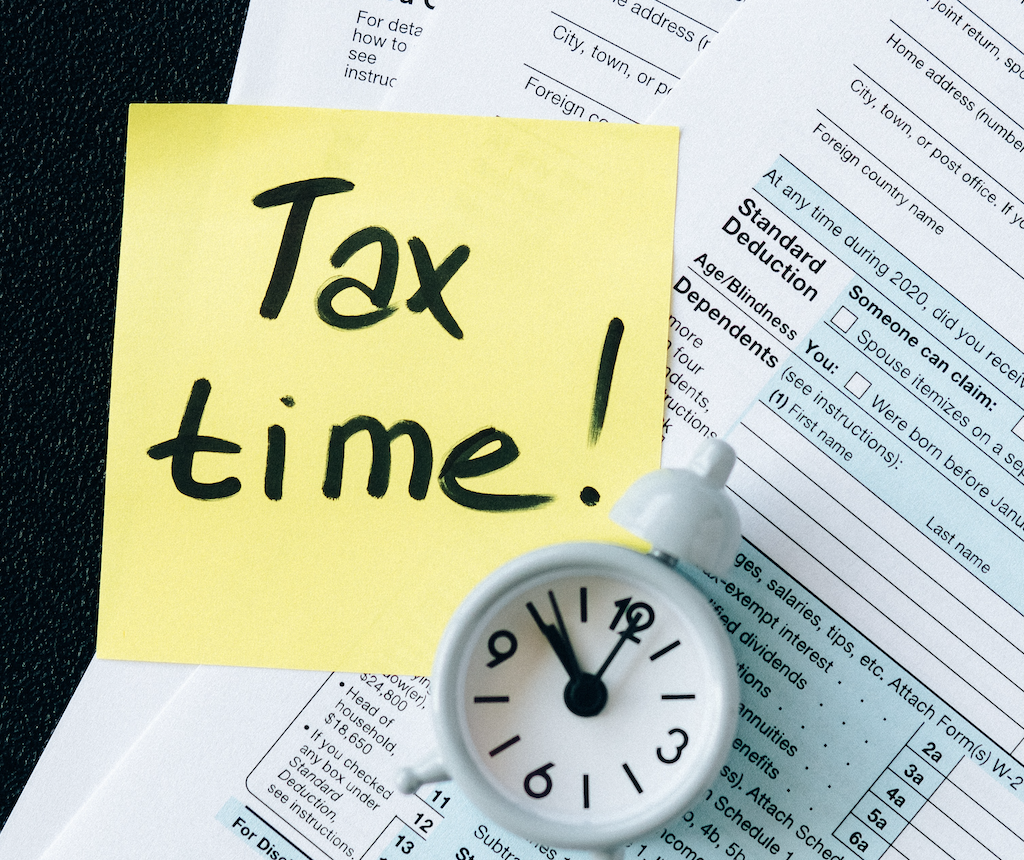In Canada, bankruptcy law is underpinned by a couple of key pieces of federal legislation. These are both the Bankruptcy and Insolvency Act, and the Companies’ Creditors Arrangement Act. While these two acts are key, there is also legislation in each province to determine the kind of property a debtor may keep during bankruptcy. See, for instance, Ontario bankruptcy exemptions. In this article, we lay out all the key Canadian bankruptcy laws you need to know about, and what they entail.
Bankruptcy and Insolvency Act
The Bankruptcy and Insolvency Act is the legislation behind any bankruptcies and consumer proposals that are filed in Canada. Structured to help unfortunate debtors in Canada who want to begin a fresh financial future, the Bankruptcy and Insolvency Act lays out the roles of the individuals involved in the bankruptcy. It is there to protect those involved in a bankruptcy to ensure that as fair an outcome as possible is achieved. It is responsible for driving a stay of proceedings, which stops any legal action pursued by creditors including wage garnishments and bank account freezes. It also prevents collection activity, meaning your creditors can no longer contact you. The act lays out all the bankruptcy law, rules, and guidelines that stakeholders involved in a bankruptcy must follow.
Companies’ Creditors Arrangement Act
The Companies’ Creditors Arrangement Act is a legal act that helps struggling businesses to restructure themselves in order to avoid bankruptcy. During a restructuring, the company in question continues to own its property and continue in business. A Companies’ Creditors Arrangement Act monitor will oversee the restructuring and report to the court and creditors on the company’s conduct during the restructure. In a successful restructure, creditors can receive more than they would have gained if the company’s assets had been liquidated. In order to meet the eligibility criteria, a company must owe a minimum of $5 million, and so is often most commonly used by large corporations. The ultimate goal is to reorganize the company in a way that enables them to continue doing business.
Provincial Legislation
When it comes to Canadian bankruptcy law, it is not only led by federal law. Each province and territory in Canada has its own unique laws around property exemptions and the rules around debt collection. This will often determine what you can and cannot keep when filing bankruptcy. Here are each of the bankruptcy laws by province:
Alberta bankruptcy law
In Alberta, the Civil Enforcement Act determines insolvency law for the province, including rules around assets you can keep when filing bankruptcy. In Alberta, there is also an Orderly Payment of Debts Program which is a repayment plan that consolidates unsecured debts into a single monthly payment with a low interest rate.
British Columbia bankruptcy law
British Columbia has the Court Order Enforcement Act, which lays out the decisions on bankruptcy, asset management, wage garnishment, and repayment options for the province.
Manitoba bankruptcy law
In Manitoba, bankruptcy and insolvency is led by the Executions Act and the Judgements Act. Both of these legislations determine the laws around consumer proposals and bankruptcies in the province.
New Brunswick bankruptcy law
In New Brunswick, the Memorials and Executions Act determines law around insolvency and bankruptcy in the province. It lays out what you can expect when it comes to mortgages, personal property, and the sale of land.
Newfoundland and Labrador bankruptcy law
Newfoundland and Labrador has the Judgement Enforcement Act, which shares the insolvency laws for the province, as well as details on property and land ownership transfer, wage garnishment, and asset exemptions.
Nova Scotia bankruptcy law
Nova Scotia’s Judicature Act dictates the laws on bankruptcy and insolvency in the province. There is also an Orderly Payment of Debts Program for those thinking about filing bankruptcy or a consumer proposal.
Ontario bankruptcy law
Ontario bankruptcy law is ruled by the Executions Act, which explains how wage garnishment works, asset exemptions, and all other bankruptcy related matters.
Prince Edward bankruptcy law
In Prince Edward Island, the Judgement and Execution Act provides guidelines on bankruptcy and insolvency within the province. The Prince Edward Island government also has an Orderly Payment of Debts Program to assist with matters including wage garnishment and asset management during bankruptcy or consumer proposal.
Quebec bankruptcy law
Quebec is led by the Code of Civil Procedure when it comes to bankruptcy and insolvency in the province. The legislation determines which assets you are allowed to keep if you go bankrupt while a resident of the province.
Saskatchewan bankruptcy law
Saskatchewan has both the Enforcement of Money Judgement Act and the Farm Security Act which determine the consequences of filing bankruptcy in the province. Saskatchewan also has an Orderly Payment of Debts Program to assist provincial residents considering filing bankruptcy.
Northwest Territories bankruptcy law
In the Northwest Territories, the Exemptions Act defines which assets you can and cannot keep when filing bankruptcy or a consumer proposal.
Nunavut bankruptcy law
Much like the Northwest Territories, Nunavut has an Exemptions Act which defines the assets you are able to keep when filing bankruptcy or a consumer proposal.
Yukon bankruptcy law
The Yukon also has an Exemptions Act which defines the assets you are able to keep when filing bankruptcy or a consumer proposal.
If you would like to learn more about Canadian bankruptcy law, and are unsure of the rules for your specific province of residence, book a free consultation with one of the expert Licensed Insolvency Trustees at Spergel. We have been helping Canadians to gain debt relief for over thirty years, and we are here to help you understand your options. Reach out today – you owe it to yourself.



















